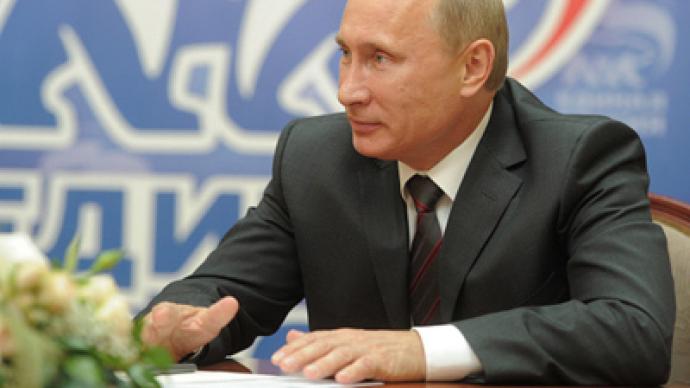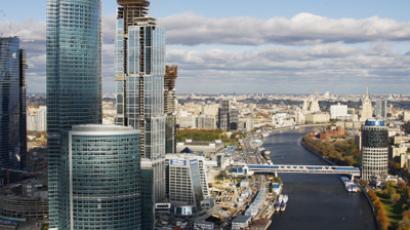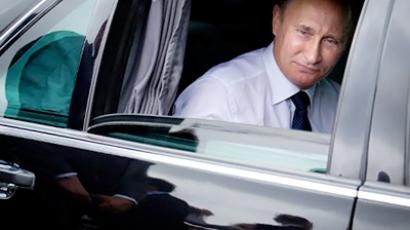Opposition misreads Putin’s proposal for primaries

The idea of Russian political parties adopting US-style primaries, recently floated by Prime Minister Vladimir Putin, will not be forced upon other parties.
During a meeting with activists from the Popular Front, a civic movement connected with Putin’s United Russia party, the prime minister said he does not understand the basis for the criticism of his proposal."Vladimir Putin indeed said that [he] does not understand the opposition parties' criticism of his initiative to adopt legislation making primaries a requirement for all political parties participating in elections,” Putin’s press secretary Dmitry Peskov said.Meanwhile, Putin assured that United Russia would not exert its majority standing by enforcing other parties to adopt the political initiative.At the same, however, United Russia “will continue to patiently explain and convince [opposition parties] of the need for this,” he said. “An appropriate legislative initiative will be submitted when everyone reaches this understanding.”Peskov explained that Putin's comments should not be taken to mean that United Russia is giving up the idea of making primaries a legal requirement in the future.Vladimir Zhirinovsky, nationalist leader of the Liberal-Democratic Party (LDPR) expressed mixed feelings over the idea of introducing primaries in Russia. One of his main criticisms of the idea focused on the use of the English-American word “primaries,” instead of employing the Russian word for “selection.”“Actually, it’s a good idea,” Zhirinovsky acknowledged. “But it should use the Russian word for selection. ‘Primary’ is not a Russian word.”Zhirinovsky’s criticism, however, went beyond mere semantics. The LDPR leader also seemed disturbed by the fact that United Russia is the ruling party and, in his opinion, there are many individuals who want to take advantage of its status. “That’s not the case with LDPR,” Zhirinovsky said, “so we do not need primaries. They do.”Currently, United Russia is the only party that actively uses the practice of selecting candidates for parliamentary elections via primaries.Robert Bridge, RT














